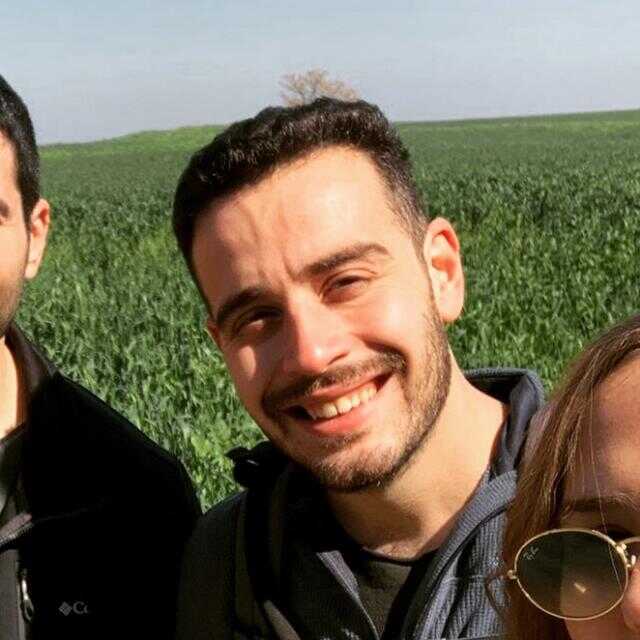People
Organizers

Baruch Eitam
Baruch Is a Professor of Psychology at the University of Haifa. His lab studies interactions between cognitive processes and reward/motivation in general. Key lines of research involve reinforcement from sensorimotor predictability and the mental prioritization of information by its relevance to the task at hand, as well as conscious perception. Before joining Haifa in mid-2011, Baruch attained his PhD at the Hebrew University (2009) and was a postdoctoral researcher at Columbia University (with Tory Higgins).
Mor Peleg
Mor Peleg is Full Professor of information systems, Chair of the BSc Data Science program and head of the University of Haifa’s Data Science Center, former Chair of the Department of Information Systems. She is Editor-in-Chief of the Journal of Biomedical Informatics, Editorial Board Member of Methods of Information in Medicine and is International Fellow of the American College of Medical Informatics and Fellow of the International Academy of Health Sciences Informatics.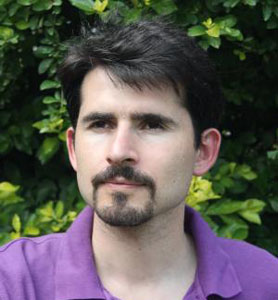
Pavel Goldstein
Pavel Goldstein is the Head of Integrative Pain (iPain) Laboratory, Head of MPH Biostatistics track at the School of Public Health, Social Welfare & Health Sciences Faculty, The University of Haifa.Pavel has completed Master's in Biostatistics and Ph.D. in Pain Neuroscience. In 2019 he founded the Integrative Pain Laboratory at the University of Haifa to gather a novel understanding of chronic pain conditions, developing new ways of measuring, preventing, and treating chronic pain. Pavel's research is essential for more than pure knowledge. Ultimately, his future research is driven by the need to integrate the academy and the industry. Providing data science consultations for medical device companies, academic researchers from multiple fields, and doctors, helped him to acquire a “common ground” between academic investigators, business representatives, and healthcare providers. When all parties see the advantage of combining the industrial drive to ‘get things done’ with clinical insights and the academic urge to ‘understand how it works’, the final outcomes improve significantly.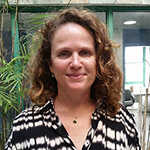
Tali Kristal
Tali Kristal is Professor of Sociology at University of Haifa. The central focus of her research is on how and why positions in the economy such as organizations, industries, occupations, classes, and the relations between them, shape the evolution of economic inequality, and how these vary across time and countries.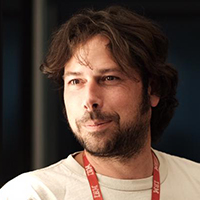
Tamir Gadot
Tamir is the Administrative Manager of SICSS Haifa program and he is the Administrative Manager of DSRC – The University of Haifa’s Data Science Research Center and of CRI - Caesarea Rothschild Institute for Interdisciplinary Applications of Computer Science.
Netta Palez
Netta is part of the administrative team of SICSS Haifa program and the Data Curator and Project Manager of DSRC – The University of Haifa’s Data Science Research Center.Teaching and project-tutoring staff
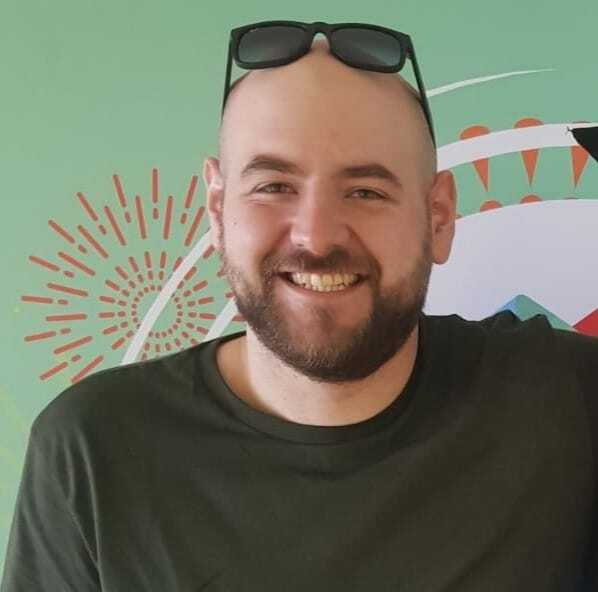
Amit Donner
I am currently completing my master’s degree in statistics at Haifa University. I have vast experience as a teaching assistant for a dozen courses in the university’s statistics department. These have varied from courses in probability and statistical theory to machine learning, statistical modeling and programming in Python and R. I also have experience helping social scientists to conceptualize, collect and analyze the data they need for their research.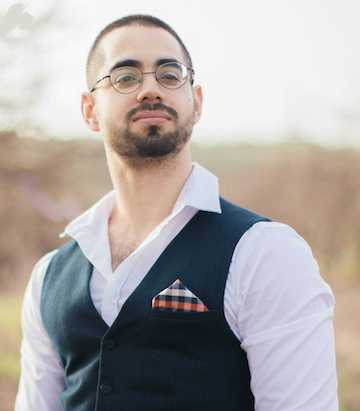
Eitan Hemed
I am a Senior PhD candidate in experimental Psychology, studying how the human mind evaluates the effect of motor actions on the environment. I will be taking part in the SICSS as a project tutor. I gained my programming experience during my graduate studies, following several years of working with multiple researchers in academia on developing behavioral experiments and pipelines for data processing and analysis. Additionally, I taught Python to graduate students on academic courses and workshops.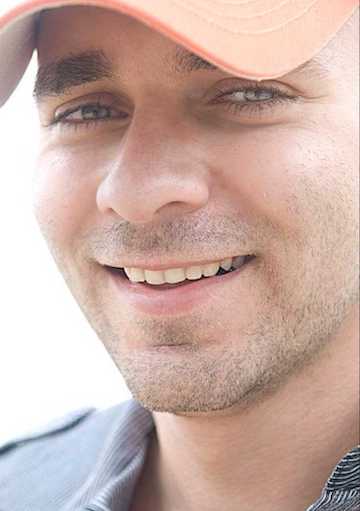
Igor Kleion
Research Areas: Queuing theory, Image processing.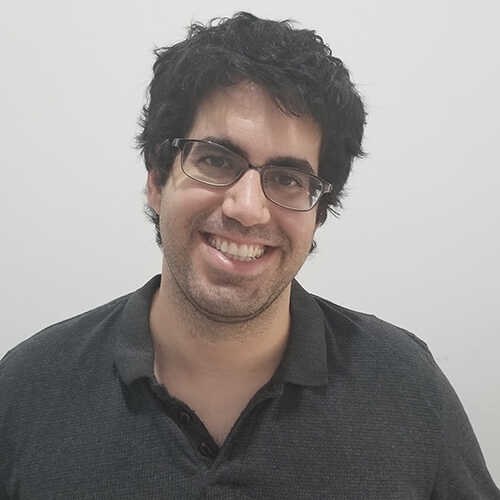
Tomer Sidi
Research Areas: Machine Learning, Deep Learning, Computational Structural Biology.
Noga Aviad
I completed B.Sc. studies at BIU in computer science and neuroscience. I then worked for several years as a software developer in the high-tech industry, and returned to academia due to my curiosity about consciousness broadly and mindfulness in particular. My M.A. thesis used machine learning to analyze EEG data of meditators. Currently, I am extending this line of research in my Ph.D., using Complex Dynamical Systems approach to study mindfulness mechanisms.Speakers
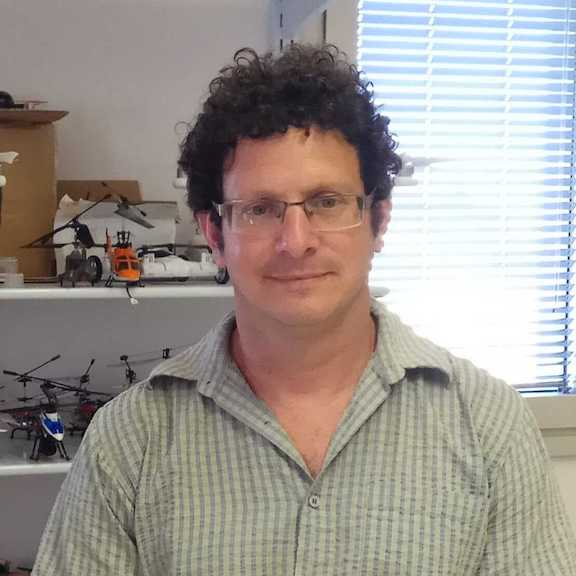
Dan Feldman
Director of the Robotics and Big Data Lab, and Senior Lecturer at the Computer Science Department University of Haifa.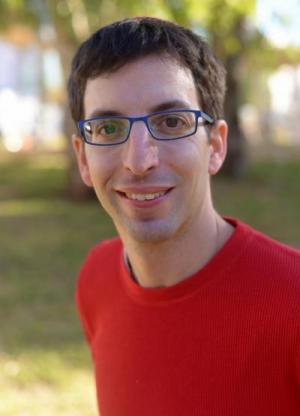
Michael Friedman
I am an assistant professor (lecturer) in political science at the University of Haifa. Previously, I was a postdoctoral fellow at the Hebrew University. I have a PhD in political science, from the Massachusetts Institute of Technology (2019). I study religion and conflict in Israel and the Muslim world. My work combines big data approaches with experiments and in-depth interviews. My research has been published in multiple outlets including the American Sociological Review, Political Behavior, and the Journal of Conflict Resolution.
Ofra Amir
Ofra Amir is an Assistant Prof. at the faculty of Industrial Engineering and Management at the Technion. Her research lies at the intersection of artificial intelligence and human-computer interaction.participants
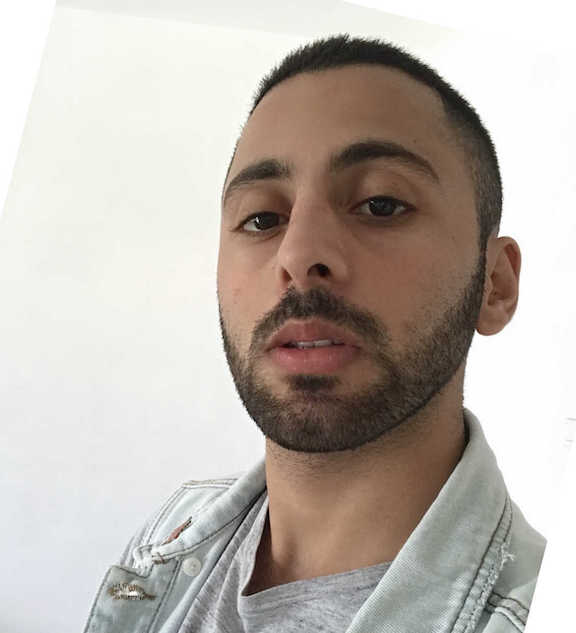
Aial Sobeh
Upcoming Ph.D candidate at the Department of Psychology, University of Haifa. Research domains- Social and cognitive neuroscience, network neuroscience, Neuroeconomics. My current research examines the emergence of collective morality through the dynamic and adaptive interaction of brains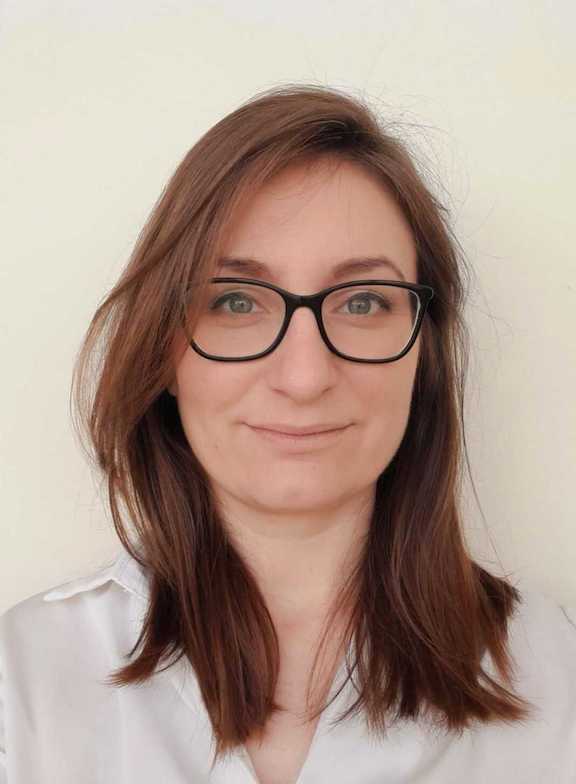
Alina Rozenfeld
Dr. Alina Rozenfeld-Kiner Post-doctoral fellow, Department of Sociology, Hebrew University.My research interest lies in the patterns of stratification and inequality generated in the labor market. In my Ph.D. thesis, I analyzed the role of human resource management practices in shaping wage inequality, within and between work establishments, by gender, class, and education. Currently, I am interested in the role of organizations, managers, and working environment in shaping the skills and task composition of jobs.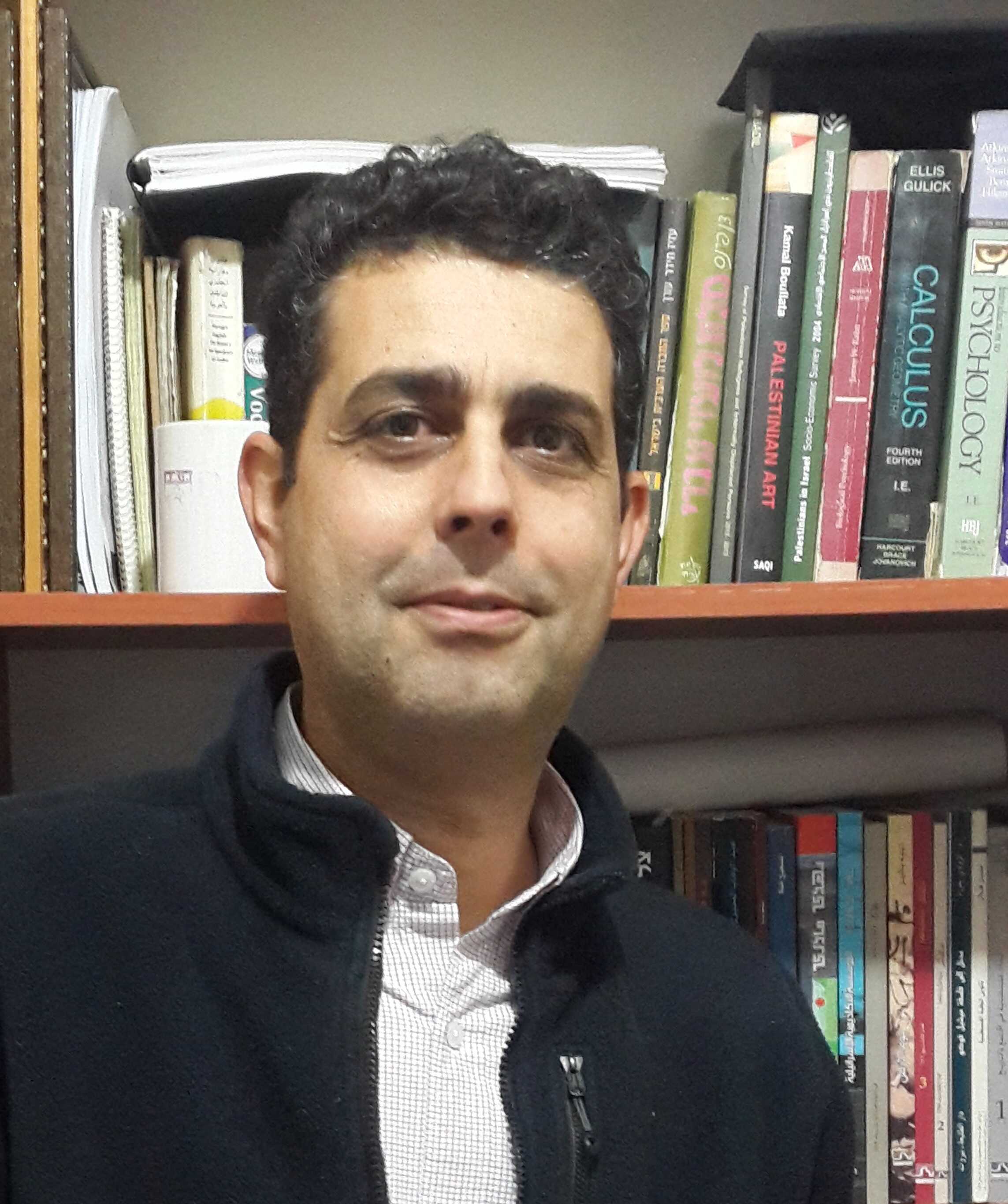
Ameed Saabneh
Ameed Saabneh is a lecturer in the Department of Sociology at the University of Haifa with interest in social stratification, health inequality and demographic research. His current research focuses on income inequality in Israeli society in general and the Arab-Palestinian society in particular. He also explores how spatial and residential segregation explains the health inequalities between Palestinians and Jews in Israel, including those related to the covid-19 pandemic.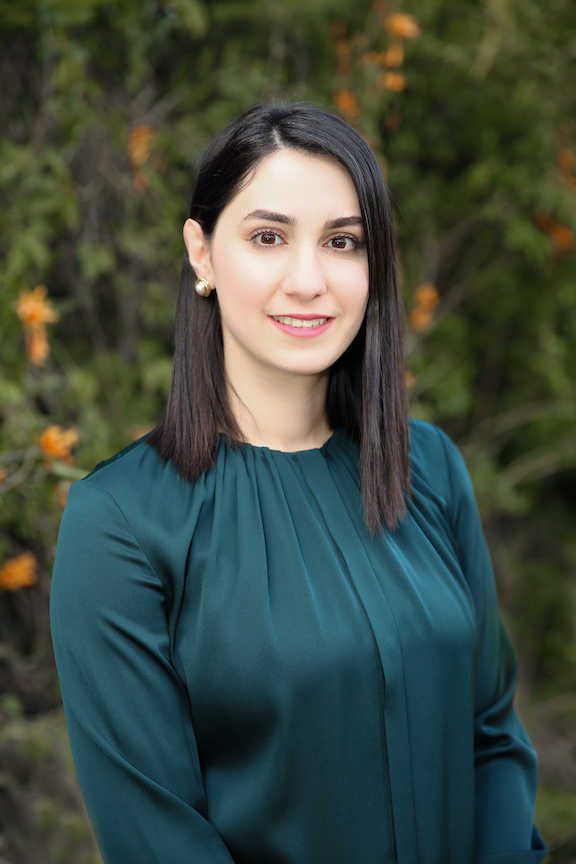
Amneh Shmali Asly
Amneh Shmali Asly – Master student in Public Health (MPH), Biostatistics track. Amneh completed her Bachelor’s in Audiology and Speech Language Pathology (SLP) at the University of Haifa in 2015. Works as Speech Language Pathologists and is a researcher in the iPainLab with Dr. Pavel Goldstein. Amneh joined the Integrative Pain Laboratory in September – 2021 and will take part in the Pain Story Project, the project aims to develop a digital platform for pain detection, based on facial expressions, voice and inferred language content. Her master’s research focuses on predicting pain based on the patient’s recorded narratives.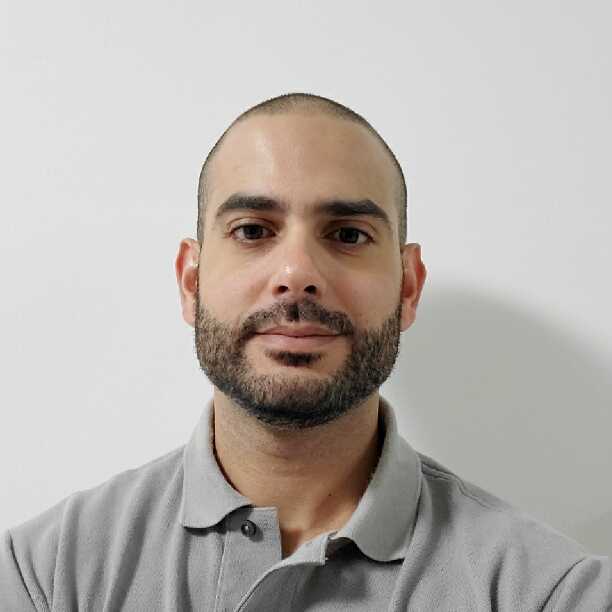
Avishai Zacharia
Avishai Zacharia is a psychology Ph.D. candidate and a member of the IDIT multidisciplinary program at the University of Haifa. He completed his Bachelor's degrees (psychology and economics) and master's degree (clinical psychology) at California State University, Northridge. He continued his education at the Florida Institute of Technology in the field of applied behavior analysis and is a certified Board Certified Behavior Analyst. His research interests include the functional categorization of interpersonal verbal behavior and the use of behavioral interventions to facilitate cooperation and reduce maladaptive behaviors between groups in conflict.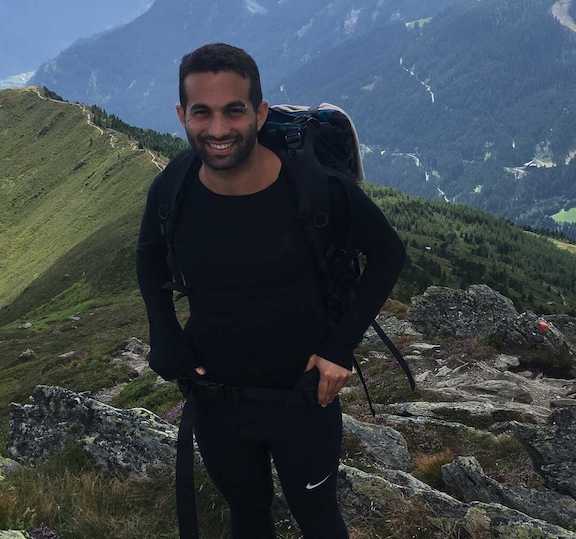
Barak Zur

Dalit Ken-Dror Feldman
Dr. Dalit Ken-Dror Feldman holds LL.B. (Summa Cum Laude) and B.Sc., Computer Science (Magna Cum Laude) Haifa University (2001); LL.M. in Commercial Law (Magna Cum Laude), Tel-Aviv University (2008); Ph.D. in Law, Haifa University (2018). Dalit's research interests focus on Law & Technology: Data and Cyber Security, AI including Deep Fake, Intellectual Property, Software Law, Open Access and Information Law; Legal Ethics. Dalit Ken-Dror Feldman is the legal supervisor of the Law, Technology and Cyber Clinic, Faculty of Law, University of Haifa.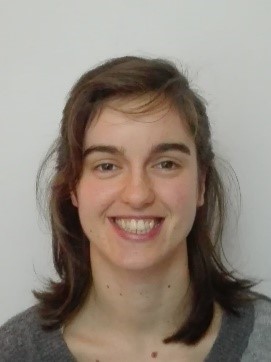
Mariana Ribolhos Agostinho
Mariana Agostinho is a PhD student in Cognitive Science in Portuguese Catholic University and a PhD student in Nursing at the University of Haifa. Her research interests are centered in pain perception and cognitive factors that modulate pain experience and underlying physiological processes. Currently is investigating the mechanisms underlying the change in pain sensitivity following the manipulation of expectation and possible role of with within-subject variability of pain reports as a modulator of these top-down mechanisms (e.g. past experience) on changes in pain perception.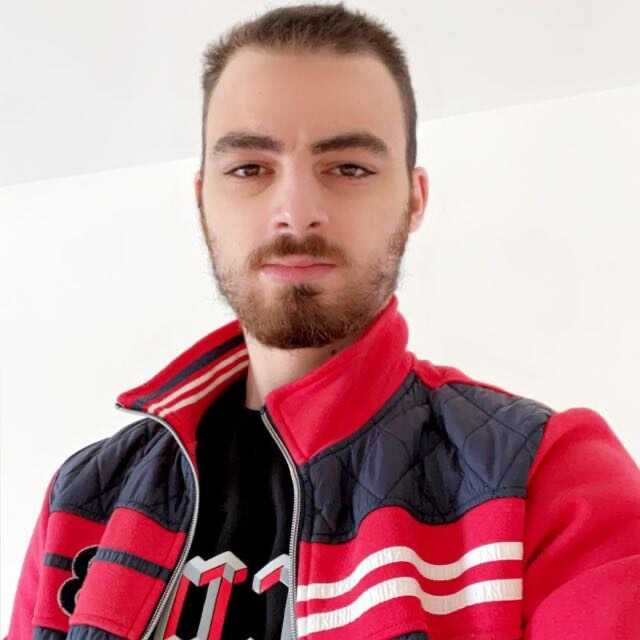
Mario Francis
I am a Ph.D student at Sans lab, University of Haifa, my research field is cognitive neuroscience and its implications in psychology, my work is focused on investigating Neurofeedback and its potential in the clinical field. To achieve that, I am currently working on Neurofeedback-Synchrony project that aims to develop an empathy training method, by taking advantage of the association between inter-brain synchrony and empathy while using EEG and fNIRS hyperscanning based Neurofeedback.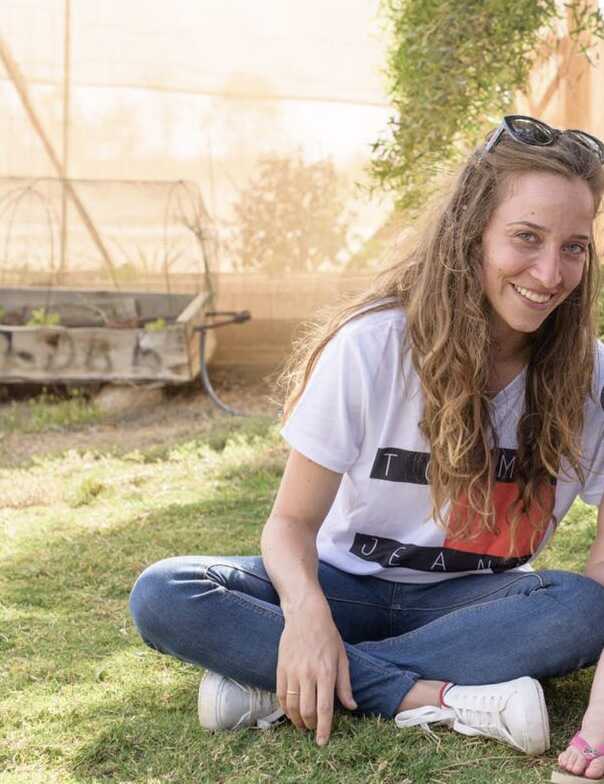
Shani Zohar
Shani is currently a doctoral candidate in the department of Psychological Sciences at the University of Haifa Shani is also an Idit Ph.D. fellowship starting her 3rd year. The focus of her graduate research is the therapeutic effects and mechanisms of a web-based mobile-supported mental health intervention program, "Mindfulness-SOS for Refugees", designed to promote trauma recovery and mental health among those who have been forcibly displaced. Additionally, she is interested in the possible application of computational social science to the study of mental health generally and specifically among forcibly displaced persons. She holds an MA in Clinical Child Psychology from Bar Ilan University and a BA in Psychology and Education from Ben-Gurion University of the Negev (Israel).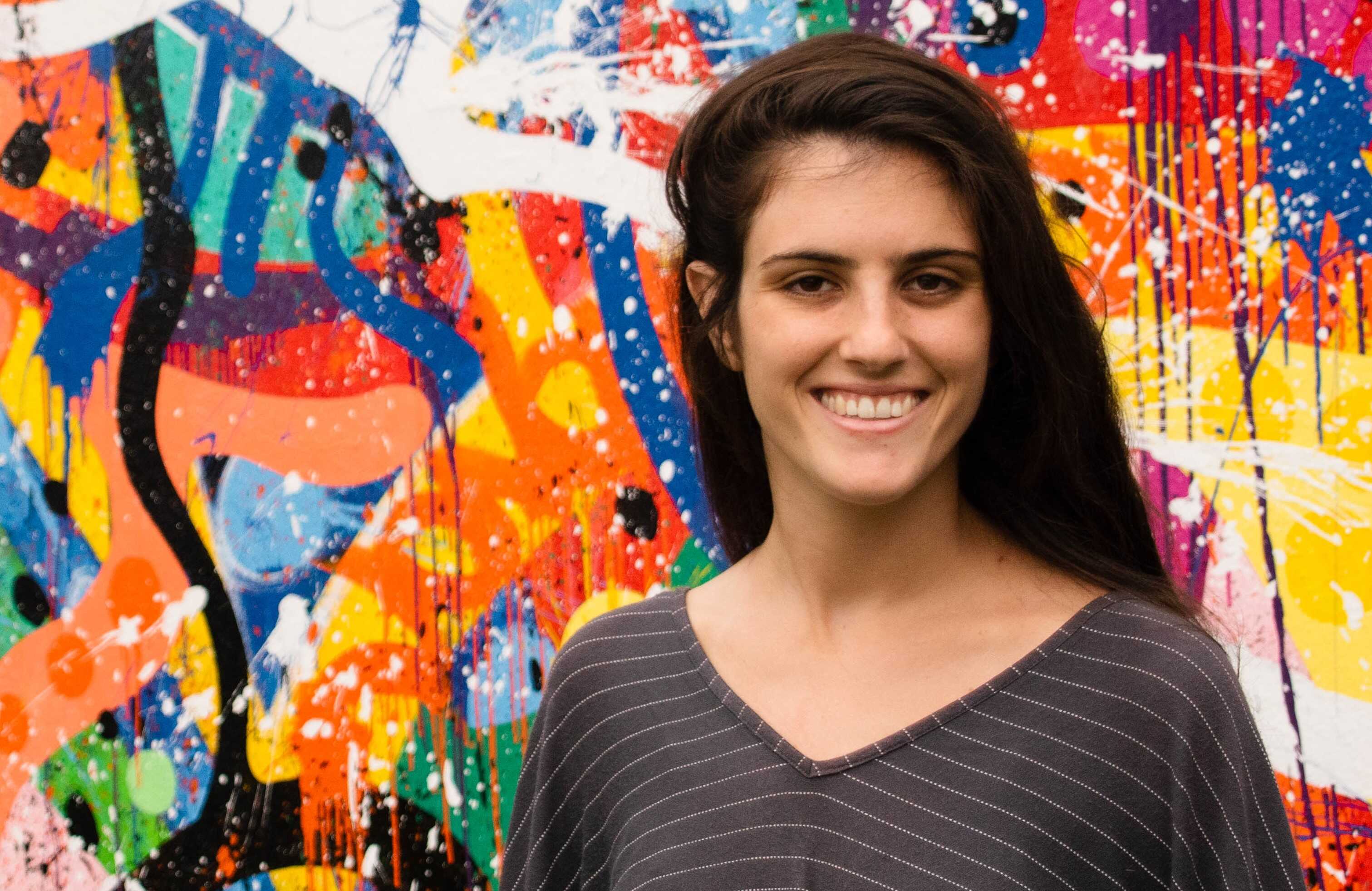
Stav Ophir
Stav Ophir is an MA student in Clinical Neuropsychology at Haifa University. She holds a BSc in Biology and Psychology from Ben-Gurion University. In her research, she concentrates on personal medicine. Her research focuses on identifying epigenetic biomarkers for PTSD susceptibility and treatment response using NGS.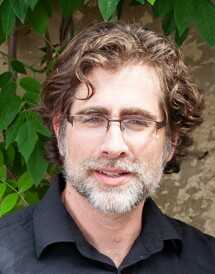
Tal Feder
Tal Feder is a post-doctoral fellow at the Faculty of Architecture and Town Planning at the Technion – Israel Institute of Technology. He is a sociologist with interests in cultural policy, sociology of art and culture, inequality, consumption, and quantitative research methods. His current research studies cultural justice and cultural (in)equality from a spatial perspective.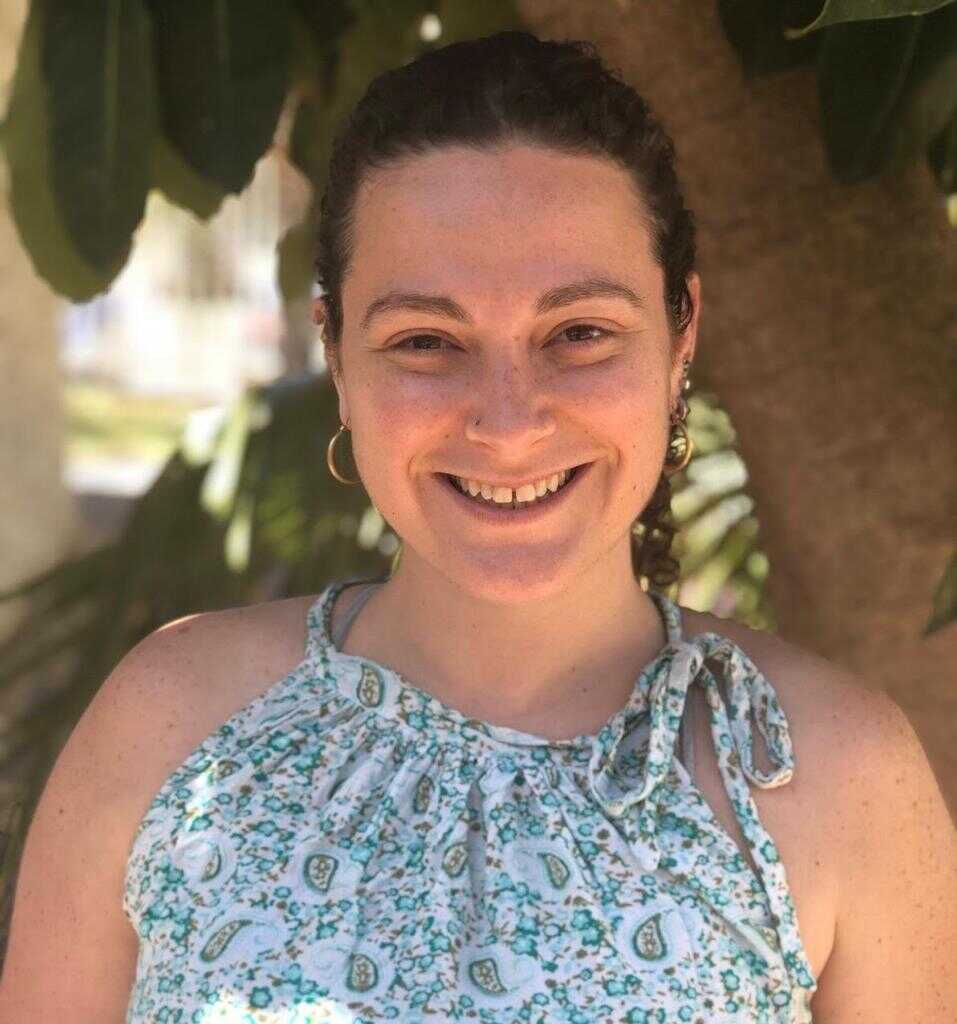
Vanessa Cywiak
Vanessa is a Ph.D. candidate in the Department of Psychiatry at the Israel Institute of Technology "Technion". She is a Clinical and Scholar Psychologist and her research focuses on preventing Postpartum Depression and Post-Traumatic Stress Disorder through the analysis of cognitive biases during pregnancy.